Basements can be prone to water damage, especially if they are not waterproofed properly. If your basement floods often or you have had to deal with water damage in the past, it is important to take steps to waterproof your basement floor. In this blog post, we will discuss how to do just that!
Why Should You Waterproof a Basement Floor?
The basement is often one of the most neglected spaces in a home. It’s usually dark, damp, and cold, so it’s no wonder that many homeowners don’t bother to spend much time down there. However, if you have a finished basement, or even if you just use your basement for storage, it’s important to make sure that it stays dry. A wet basement can lead to all sorts of problems, including mold and mildew growth, musty odors, and structural damage.
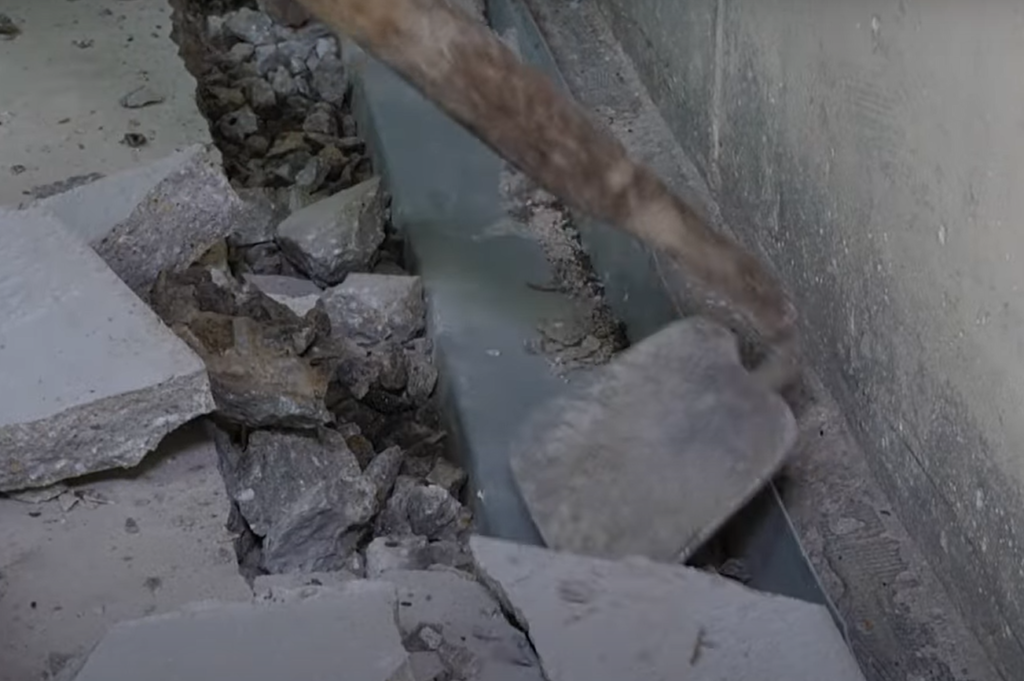
What Causes Water Damage in Your Basement?
There are many reasons that water damage occurs in basements. Some of the most common include:
- Heavy rains or storms that cause flooding;
- Leaking pipes or appliances;
- A faulty sump pump;
- Poor drainage around the foundation of your home;
Any of these problems can lead to water seeping into your basement, causing serious damage. Waterproofing your basement floor is the best way to protect against this type of damage. [2]
The Problems Caused by a Wet Basement Floor
A wet basement floor can lead to a number of problems in your home. First, it can cause the growth of mold and mildew, which can be harmful to your health. Additionally, a wet basement floor can damage your belongings, as well as the structure of your home itself. Finally, a wet basement floor is simply unsightly and can make your home less enjoyable to live in.
What to Do Before Waterproofing?
It is important to take some time to prepare your basement before waterproofing. This will help ensure that the finished product lasts as long as possible. Here are some things you should do:
- Repair any cracks in the foundation. These can be a point of entry for water and must be sealed before waterproofing can be effective;
- Check the gutters and downspouts to make sure they are clean and free of debris. Clogged gutters can cause water to overflow and seep into the basement;
- Inspect the grading around the foundation of your home. The ground should slope away from the foundation to encourage water drainage away from the house;
- If you have any doors or windows in your basement, make sure they are properly sealed and caulked;
- Remove any items from the basement that could be damaged by water. Store them in a dry, safe place until the waterproofing is completed;
Once you have taken these steps, you can begin the waterproofing process.
How to Waterproof a Basement Floor?
Step 1: Clean the Area
Before you start waterproofing your basement floor, you need to clean the area. This will help ensure that the waterproofing materials adhere properly and that any existing problems are addressed. Use a stiff brush and some soap and water to scrub away any dirt, dust, or debris. You may also need to use a power washer to get rid of any tougher stains.
Step 2: Inspect for Cracks
Once the area is clean, you need to inspect it for cracks. Even small cracks can allow water to seep through, so it’s important to repair them before you start waterproofing. Use a caulk gun to fill in any small cracks with cementitious sealant. For larger cracks, you may need to use an epoxy resin.
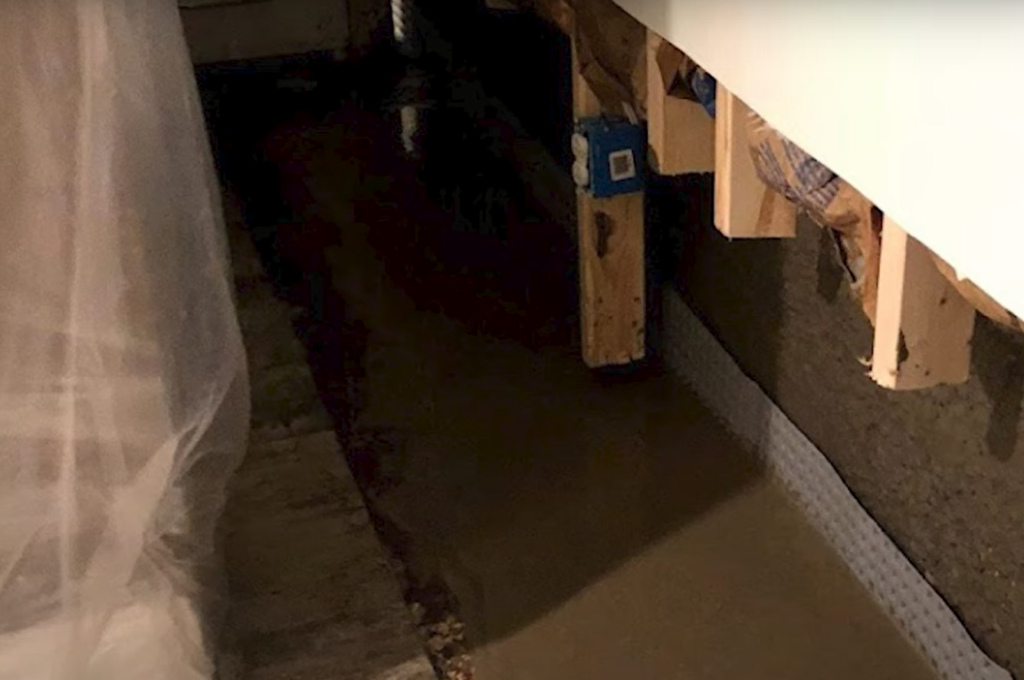
Step 3: Apply a Waterproofing Membrane
Once the cracks are filled, you can apply a waterproofing membrane. This is a thin layer of material that will help to keep water out. There are two main types of membranes – sheet membranes and liquid-applied membranes. Sheet membranes are applied in sheets, while liquid-applied membranes are, as the name suggests, applied in a liquid form.
Step 4: Install a Drainage System
If you want to be extra safe, you can install a drainage system. This will help to remove any water that does manage to get through the waterproofing materials. There are two main types of drainage systems – interior and exterior. Interior systems are installed on the floor, while exterior systems are installed around the outside of the foundation.
Step 5: Add a Vapor Barrier
Adding a vapor barrier is another way to help keep your basement floor dry. Vapor barriers are made of materials like polyethylene and are placed over the concrete floor. They work by preventing water vapor from passing through the concrete and into the basement.
Waterproofing your basement floor is a great way to keep it dry and free from flooding. By following these simple steps, you can protect your home from water damage and ensure that your basement stays dry all year round. [3]
Waterproofing Your Basement Walls
Dig Around the House
Waterproofing your basement starts from the outside. To do an effective job, you’ll need to dig around the perimeter of your house. This will allow you to get to the bottom of your basement walls so you can apply a waterproofing sealant. Start by removing any vegetation that’s growing against your house. Then, use a shovel to dig a trench that’s about 12 inches wide and 6 inches deep. Be sure to slant the trench away from your house so that water will flow away from the foundation.
Fix Any Cracks
Once you’ve dug the trench, it’s time to fill any cracks in your basement walls. Start by cleaning out the cracks with a wire brush. Then, use a putty knife to apply hydraulic cement to the cracks. This will help to seal them so that water can’t get through.
Apply a Sealant
After you’ve filled the cracks, it’s time to apply a waterproofing sealant to your basement walls. You can do this with a brush or roller. Be sure to apply the sealant evenly and allow it to dry completely before proceeding.
Install a Drainage System
If you live in an area that gets a lot of rain, you may want to consider installing a drainage system around your foundation. This will help to keep water away from your basement walls and help to prevent flooding.
Finish Up
Once you’ve waterproofed your basement, it’s important to take some steps to prevent future problems. Be sure to check for cracks and leaks regularly and repair them as soon as possible. You should also make sure that your gutters are clean and free of debris so that they can properly drain water away from your foundation. By taking these measures, you can help to keep your basement dry and free of water damage. [4]
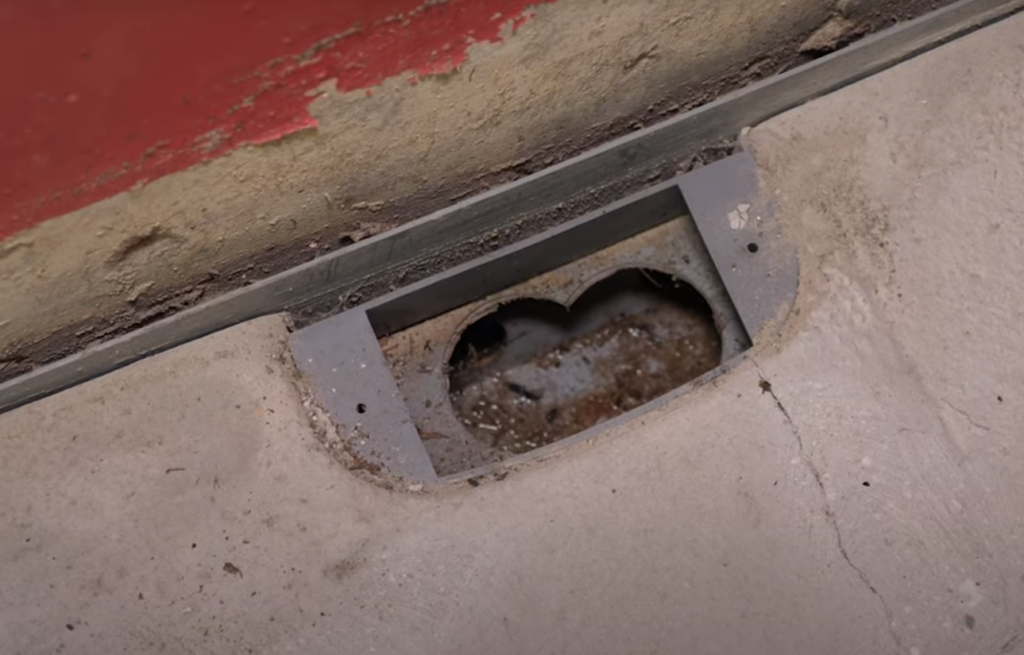
What Does It Cost to Waterproof a Basement Floor?
If you have a small basement or only minor flooding, you may be able to get away with a do-it-yourself waterproofing kit, which can be found at most home improvement stores for around $ 50. However, if you have a larger basement or more extensive damage, you will likely need to hire a professional contractor to install a more comprehensive waterproofing system, which can cost between $ 2,000 and $ 5,000. [5]
Other Types of Waterproofing Your Basement Floor
There are other types of waterproofing your basement floor, such as painting the floor with a waterproof sealant. This will provide a barrier between the water and the concrete, keeping your basement floor dry. However, it is important to note that this type of waterproofing will not last as long as an epoxy coating, and it will need to be reapplied every few years.
Another option for waterproofing your basement floor is to install a drain system. This can be done by running drains along the perimeter of your basement, or by installing a sump pump to remove water from the area.
If you have an existing concrete floor in your basement, you may want to consider having it resurfaced with an epoxy coating. This will provide a long-lasting waterproof barrier that will keep your basement floor dry for years to come.
No matter which type of waterproofing you choose, it is important to have a professional install it. Waterproofing your basement floor is an important step in protecting your home from water damage, so make sure it is done correctly.
How to Find Reliable Professionals?
When it comes to waterproofing your basement floor, you need to find reliable and reputable professionals who can do the job right. There are a few things you can do to ensure that you find the best possible company or contractor to waterproof your basement floor.
First and foremost, always get recommendations from people you trust. If someone you know has had a great experience with a particular company or contractor, then there is a good chance that you will have a positive experience as well.
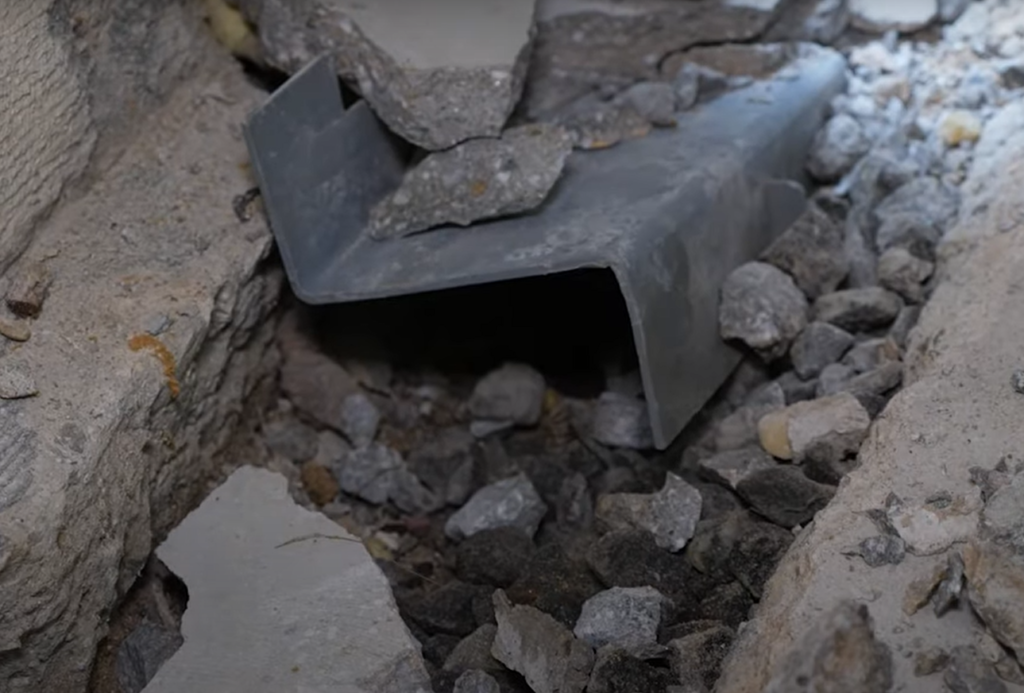
Another thing you can do is research companies or contractors online. Read reviews from past customers to get an idea of what their experience was like. You can also check out the Better Business Bureau website to see if there are any complaints against the company or contractor you are considering.
Finally, be sure to get quotes from several different companies or contractors before making a decision. This will help you compare prices and find the best deal. By following these tips, you can be sure to find a reliable and reputable professional to waterproof your basement floor.
Hire a Professional vs. Doing It Yourself
One of the most important aspects of waterproofing your basement is choosing the right method. While there are many do-it-yourself kits available on the market, they may not be the best option for your home.
There are several factors to consider when deciding whether to hire a professional or do it yourself:
- The severity of your waterproofing problem;
- The size of your basement;
- Your budget;
- Your skills and experience;
Either way, it is important to take action to waterproof your basement as soon as possible to avoid further damage to your home.
FAQ
What is the best way to seal a concrete basement floor?
There are a number of ways to waterproof your basement floor, and the best method depends on your specific needs and concerns. If you’re worried about flooding, you may want to consider installing a sump pump or French drain. For cracks or leaks in your concrete floor, sealants and epoxy injections can help to create a water-tight barrier. You can also prevent moisture from entering your basement by ensuring that your gutters and downspouts are clean and in good working order.
If you have an existing moisture problem in your basement, it’s important to address this before taking any steps to waterproof the space. Otherwise, you could be trapping water inside your home, which can lead to serious mold and mildew problems. Be sure to consult with a professional before taking any action.
Can you waterproof a basement from the inside?
The most common way to waterproof a basement is from the inside. This involves doing things like fixing any cracks in the walls or floor, sealing any gaps around pipes or wires, and installing a sump pump to remove any water that does get in. You can also add a vapor barrier to the walls and floor to help keep moisture out.
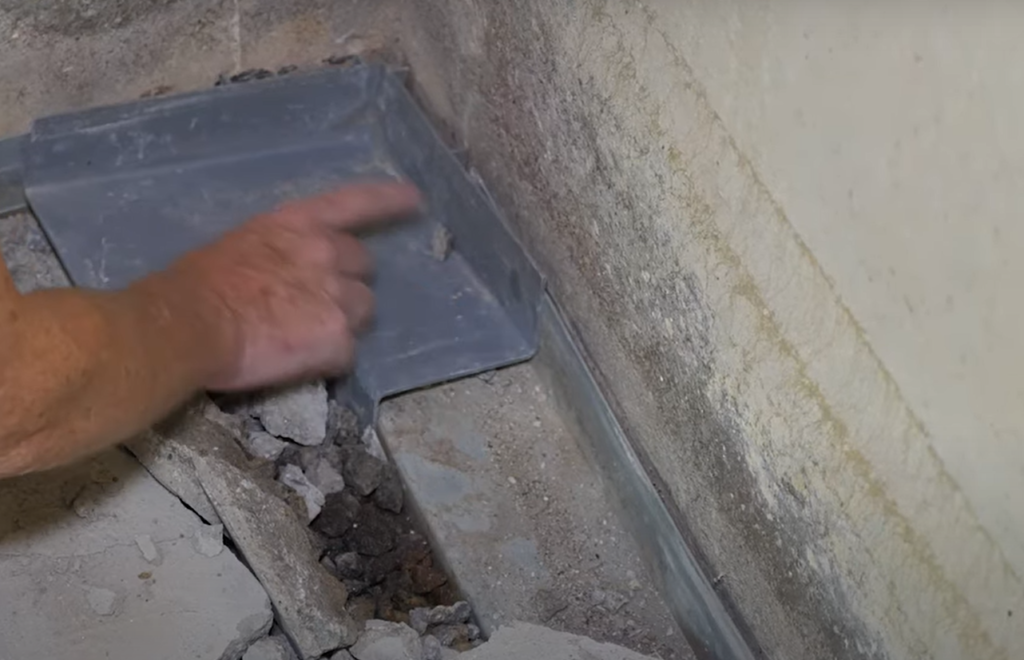
What is the cheapest way to waterproof a basement?
The cheapest way to waterproof a basement is to do it yourself. This involves fixing any cracks or gaps, sealing any openings, and installing a sump pump. You can also add a vapor barrier to the walls and floor to help keep moisture out.
Is it worth it to waterproof your basement?
Waterproofing your basement can save you money in the long run by preventing water damage to your home. It can also make your basement more comfortable and usable by keeping moisture out.
How do I waterproof a concrete floor?
There are a couple of ways that you can go about this, but the most important thing is to make sure that you do it correctly the first time so that you don’t have any issues down the road.
One of the most common ways to waterproof a concrete floor is by using a sealer. There are many different types of sealers on the market, but they all serve the same purpose – to create a barrier between the concrete and the elements. The sealer will need to be reapplied every few years, depending on how often you use your basement and how exposed it is to the elements. Another way to waterproof your concrete floor is by painting it. This is a good option if you want to add a bit of color to your basement, but it won’t last as long as using a sealer. You’ll need to repaint every few years, but it’s an easy and inexpensive way to waterproof your floor.
Whatever method you choose, make sure that you follow the instructions carefully so that you don’t damage your floor. Waterproofing your basement floor is an important step in protecting your home from water damage, so take the time to do it right!
What is the best flooring for a wet basement?
There are a few different options when it comes to choosing the best flooring for a wet basement.
One option is to use tiles made from ceramic or porcelain. These materials are impervious to water, so they’re an ideal choice for wet basements.
Another option is to use vinyl flooring. Vinyl is also waterproof and easy to install, making it a popular choice for basements.
If you’re looking for a more traditional look, you can always opt for hardwood flooring. Hardwood is not waterproof, but it can be treated to resist moisture. Whatever type of flooring you choose, make sure that it’s installed properly so that it can withstand the damp conditions of a wet basement.
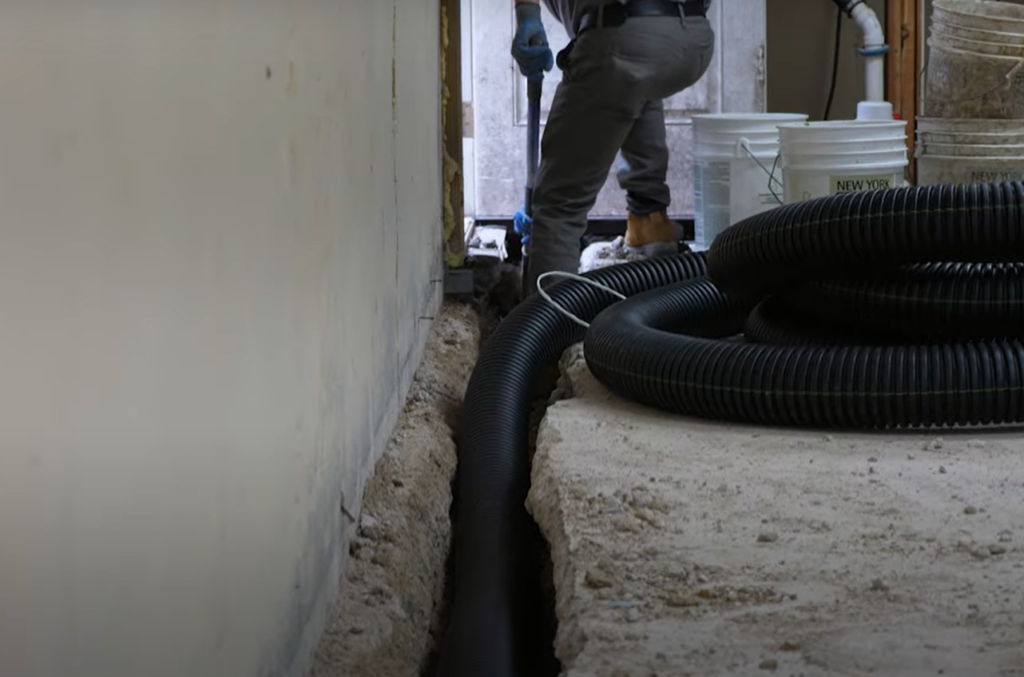
How to hire reliable specialists?
Waterproofing your basement floor is a great way to protect your home from water damage. But how do you know if you’re hiring a reputable specialist? Here are a few things to look for:
- First, make sure the company is licensed and insured. This will protect you in case of any accidents or damage during the waterproofing process;
- Second, ask for referrals from friends or family who have had their basement floors waterproofed. This will give you an idea of the quality of work to expect;
- Third, check online reviews. Look for companies with positive reviews from past customers. Once you’ve found a reputable company, be sure to get a written estimate before work begins. This will help you avoid any unexpected costs down the road;
How can I waterproof my basement myself?
Waterproofing a basement floor is something that any homeowner can do with a little bit of know-how. There are a few different ways to waterproof a basement floor, but the most common and effective method is to use a concrete sealer.
Concrete sealers are available at most hardware stores and can be applied with a brush or roller. Once the concrete sealer has been applied, it will need to cure for 24 hours before it is fully effective.
Another way to waterproof a basement floor is to install an interior drainage system. This type of system consists of perforated pipes that are installed around the perimeter of the basement floor. The pipes collect water that seeps through the foundation walls and floors and channels it away from the home. Interior drainage systems can be installed by a professional, or they can be purchased as a do-it-yourself kit.
Can flex seal be applied to concrete?
Flex Seal can be applied to concrete, but it is not recommended for use on basement floors. Flex Seal is a rubberized coating that is designed to seal cracks and leaks. It will provide a waterproof barrier, but it will not bond well to concrete and can peel or flake off over time.
Useful Video: Basement Waterproofing – Do’s and Don’ts
Conclusion
Waterproofing your basement floor is a great way to keep your home dry and free from water damage. There are a number of different ways to waterproof a basement floor, and the best method for you will depend on your specific needs. However, all methods should include cleaning the area, repairing any cracks, and applying a waterproofing membrane or coating. You may also want to install a drainage system to remove any water that does manage to get through. Waterproofing your basement floor can be a DIY project, but it’s always best to consult with a professional before starting.
References:
- https://www.peakstructural.com/resources/basement-waterproofing/4-reasons-you-should-waterproof-your-basement/
- https://www.basementsystems.com/basement-waterproofing/signs-of-water-damage.html
- https://www.ringsend.com/blog/post/how-to-waterproof-your-basement-in-5-steps
- https://www.bobvila.com/articles/tips-for-waterproofing-basement-walls/
- https://www.fixr.com/costs/basement-waterproofing

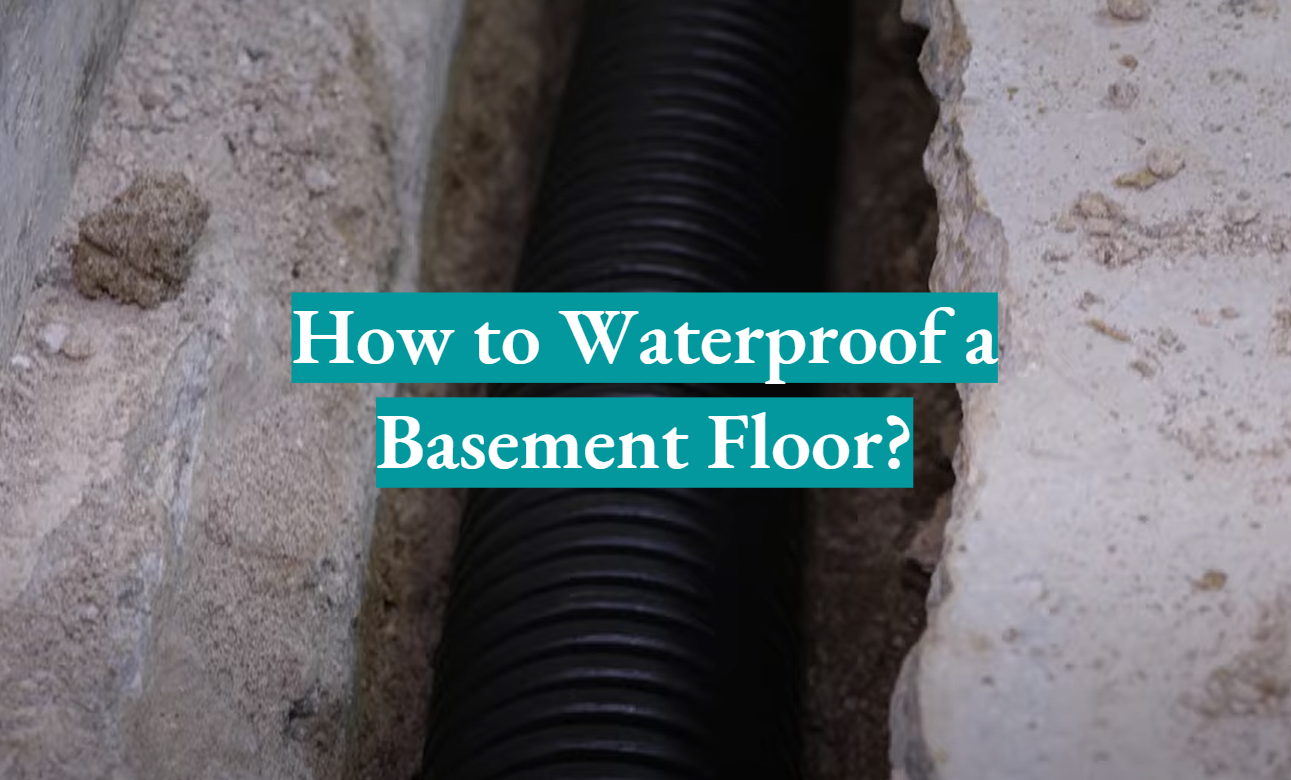
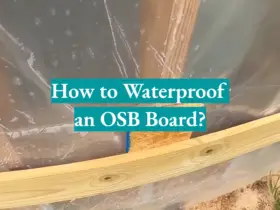
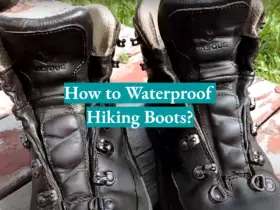


Leave a Reply